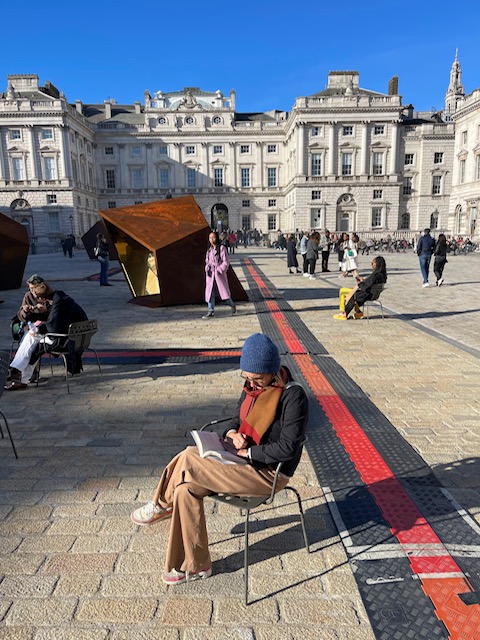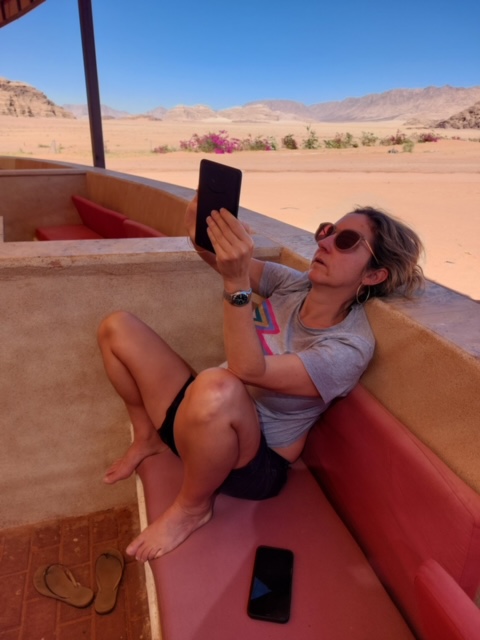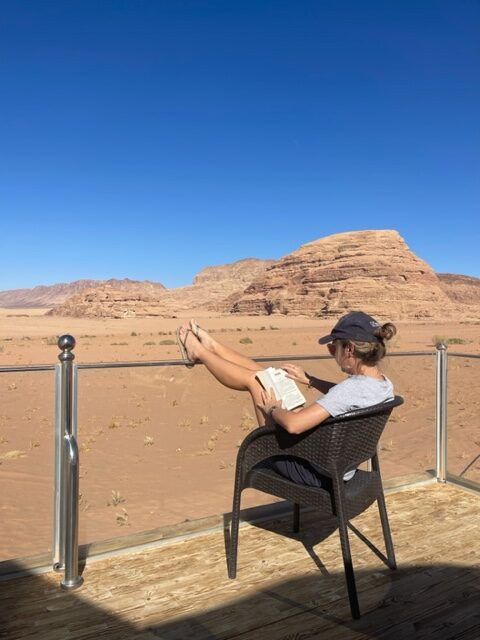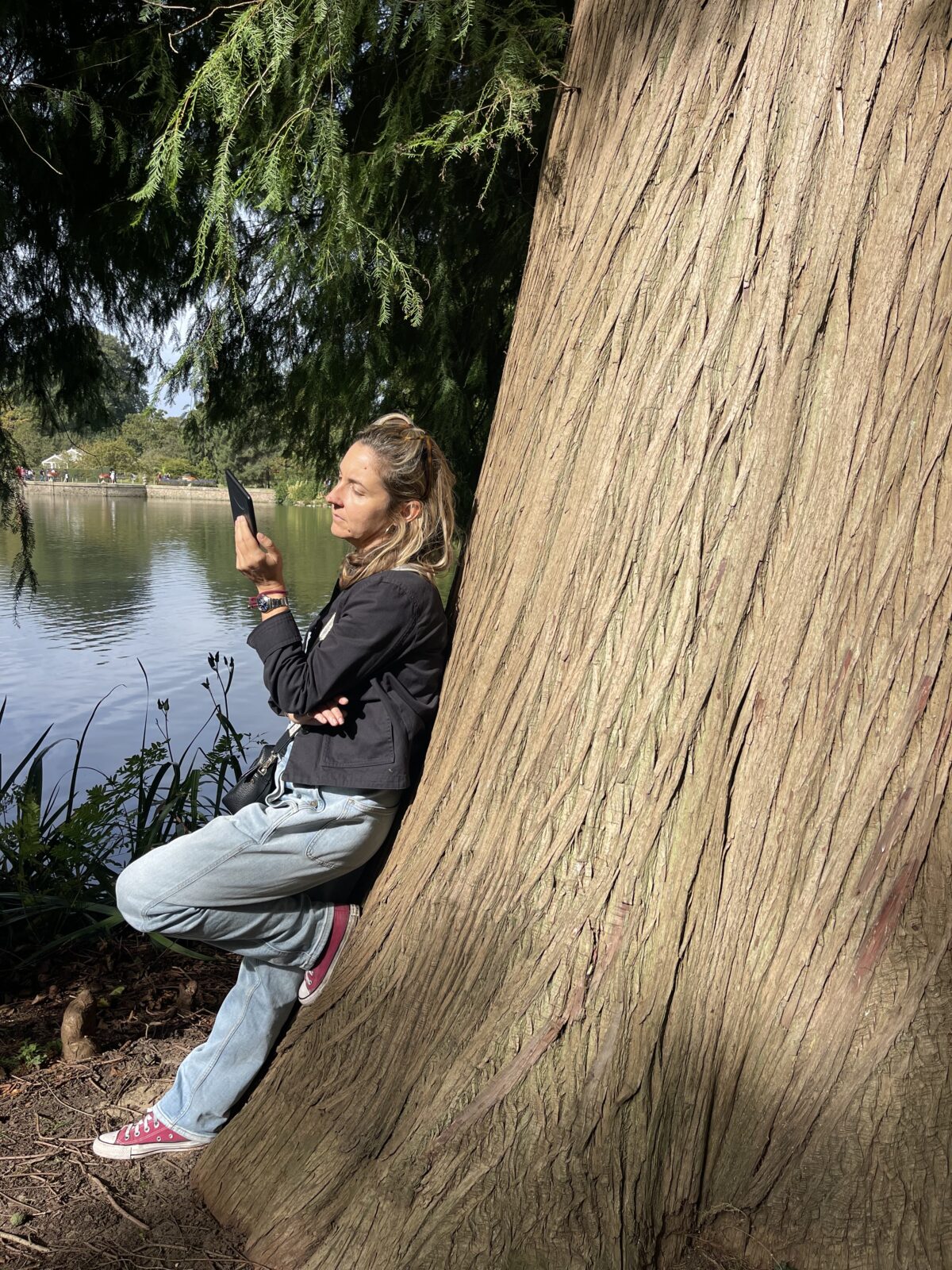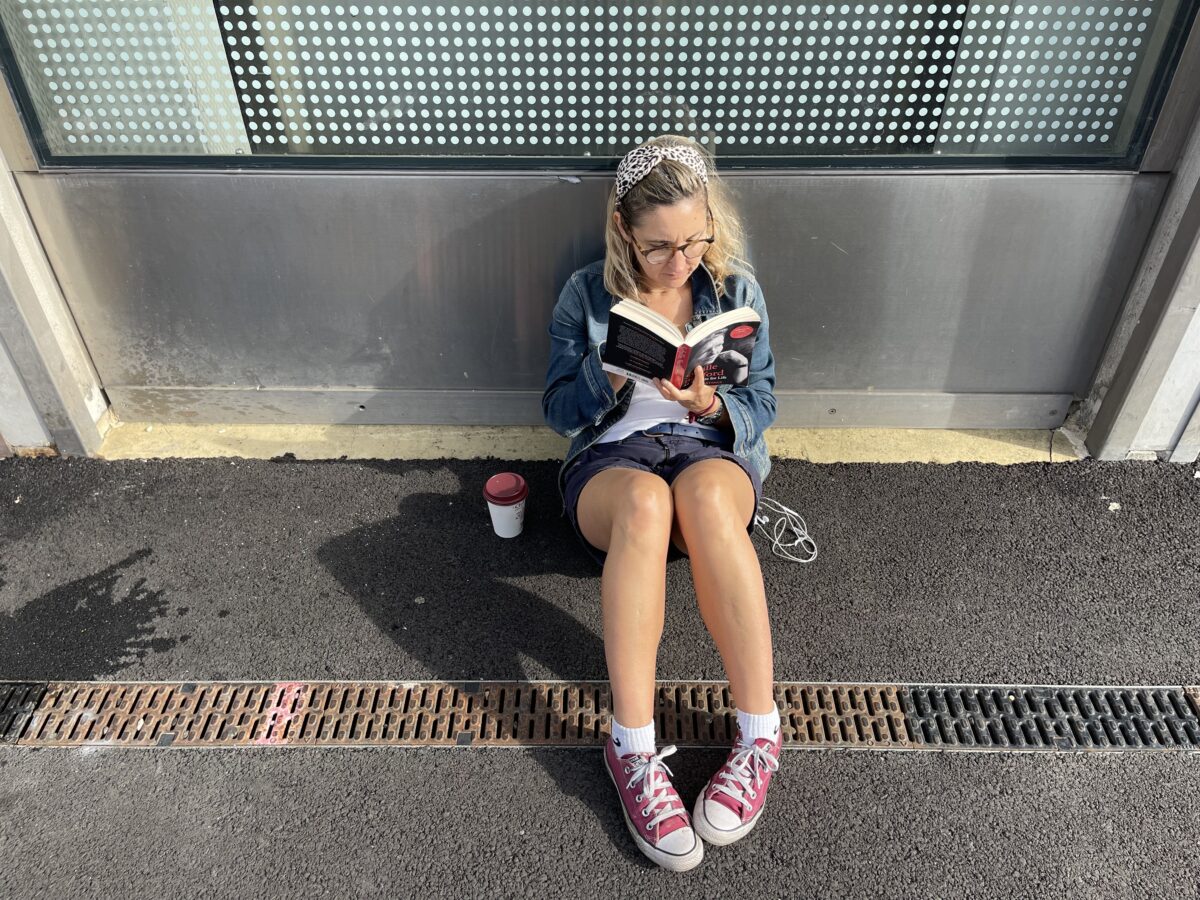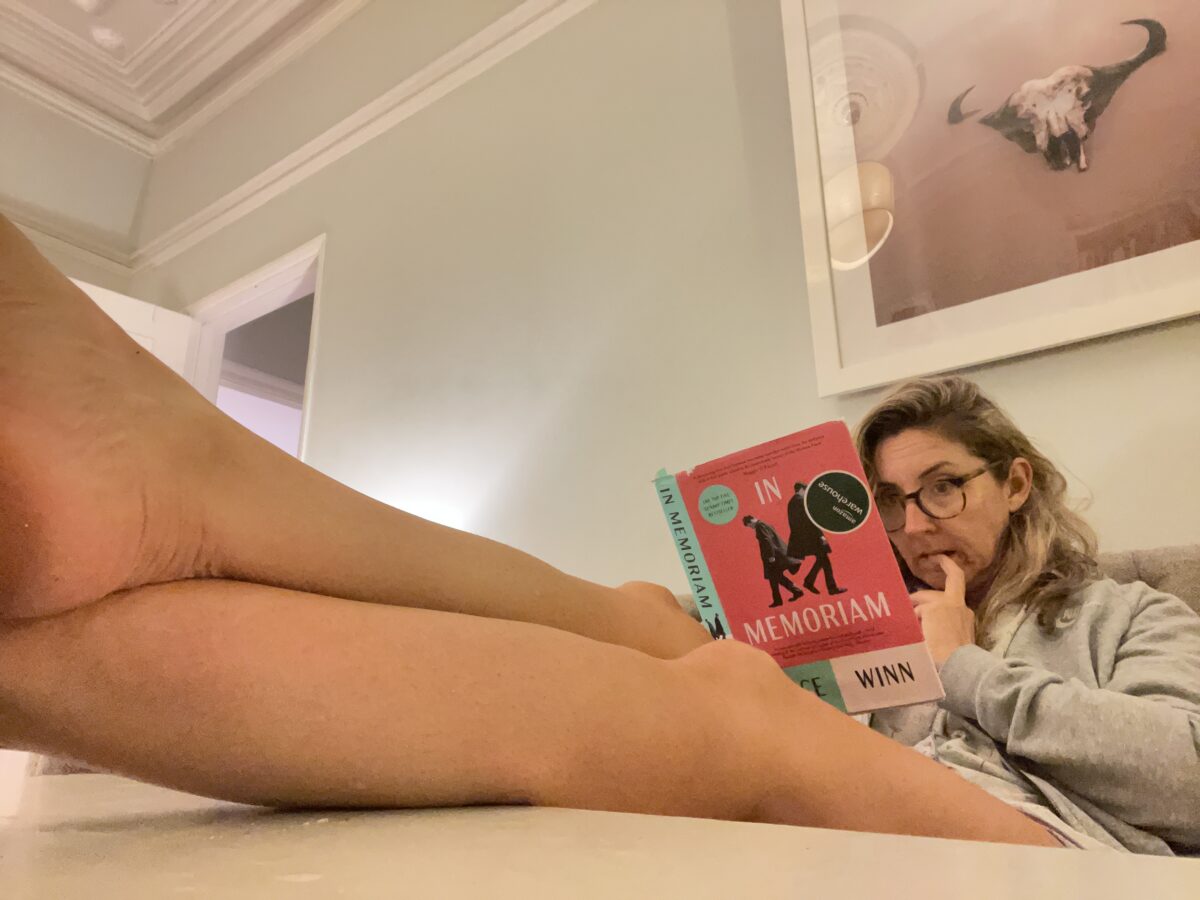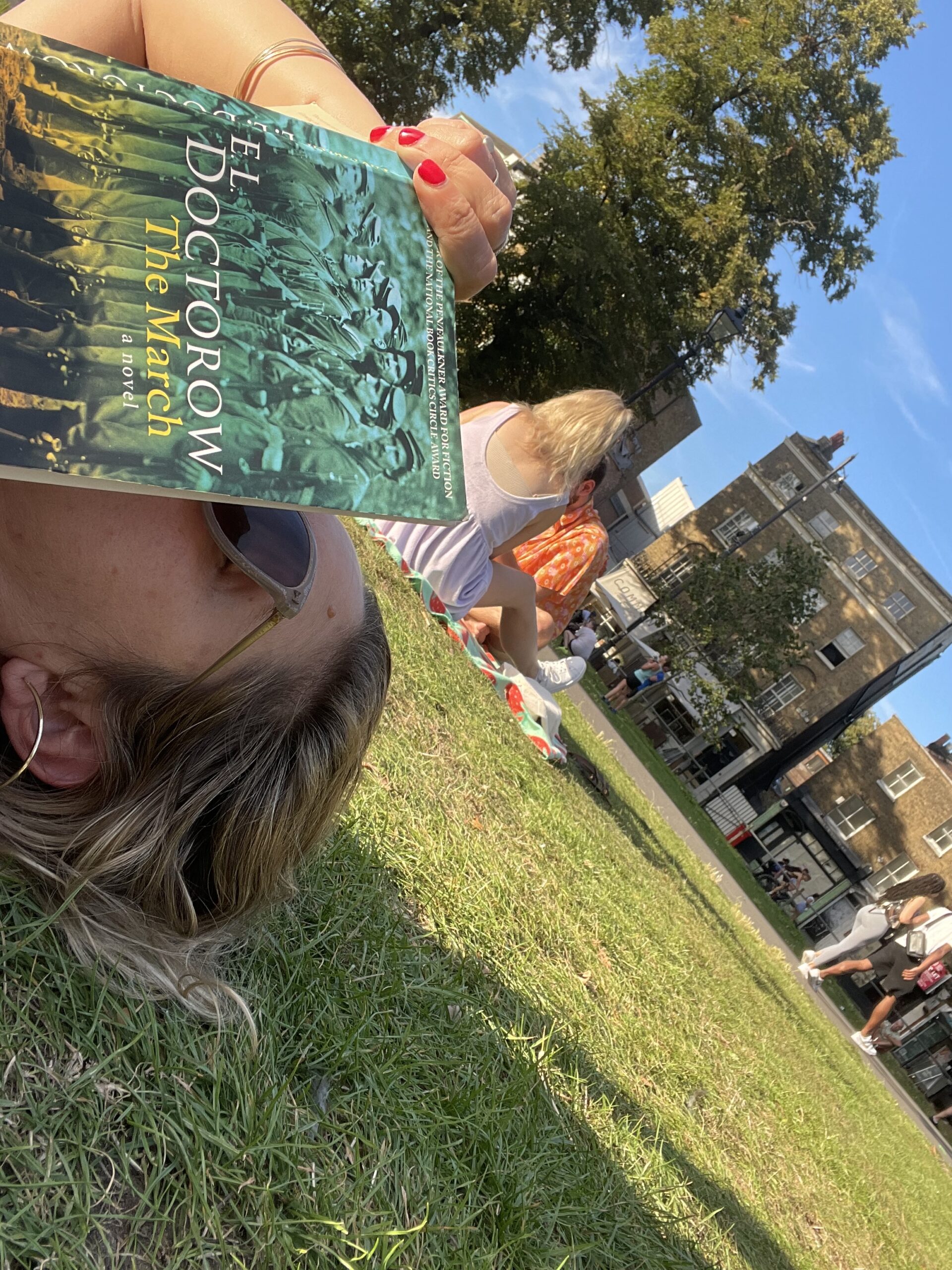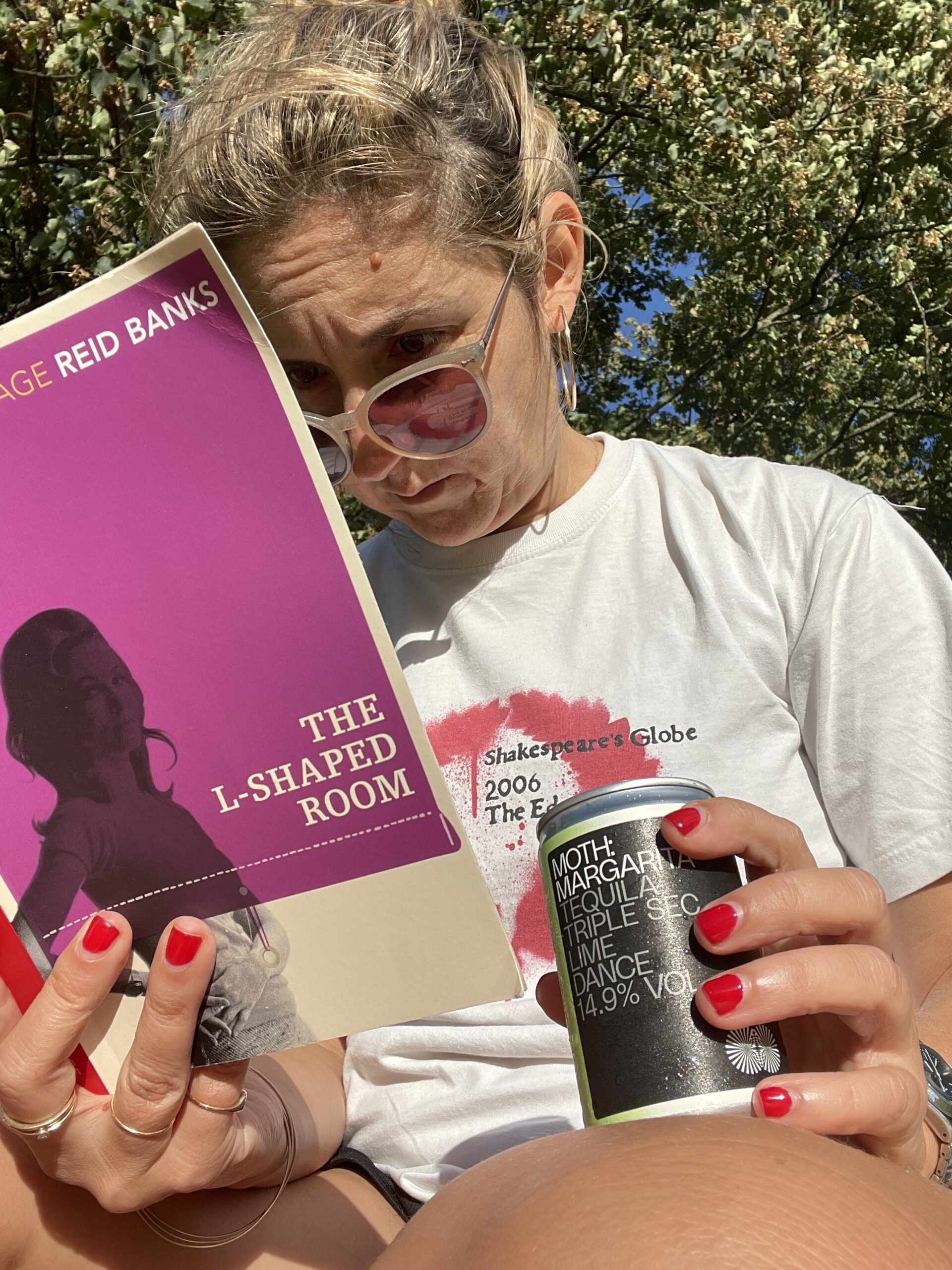Here is a book about becoming a bag lady. Required reading, because we are all always at risk of bag ladydom. The story begins with a young shopgirl marrying a wealthy widower in the early 1900s. Today we’d call his behaviour coercive control. Back then I suspect they just called it marriage. For example, he is extraordinarily unwilling to give her any money. She doesn’t get anything for new clothes for twenty years, and has to steal it from the housekeeping allowance.
She starts off reasonably normal, but over time gets stranger, starting to hoarde, and feeling that ordinary neighbours are somehow intrusive. Then the husband dies, and I thought this was going to become an uplifting worm-turns type story, where she save herself. But it turns out to be a much more realistic kind of story, in which the worm keeps going the same way it always was.
Once on her own, she finds she cannot bring herself to spend the money she now has, and is increasingly paranoid. It’s so totally told from her point of view that you do not quite realize how bad it has got until right near the end. In an impressive piece of writing, the author introduces a brief interaction with a policeman, where you abruptly realize that she now seems to others to be a crazy old bag lady. It is almost a jump scare.
This book comes from a press that re-publishes forgotten books. I often find that if someone has bothered to republish a book by a woman, it often a very good book. Many more books by women have been forgotten than books by men, so the likelihood is higher I guess. This writer, Gertrude Trevelyan, was famous even as a student at Oxford for her writing, and spent all her twenties dedicatedly writing, not travelling, not nothing, before dying in the London Blitz. Seems sad she should be forgotten.

